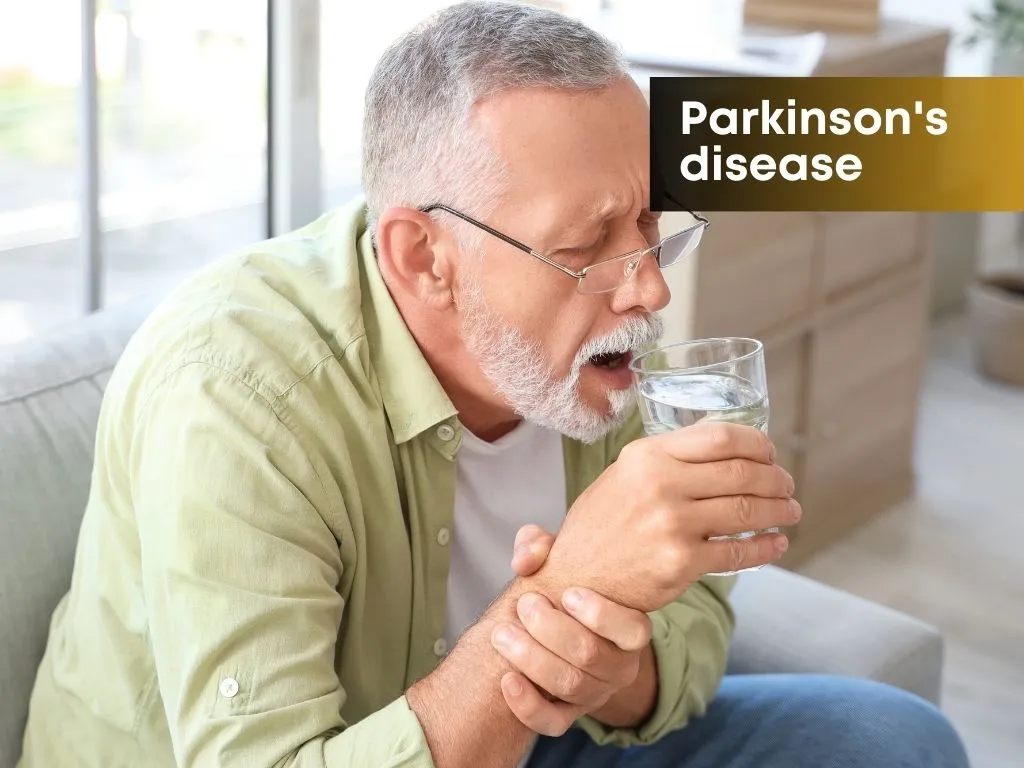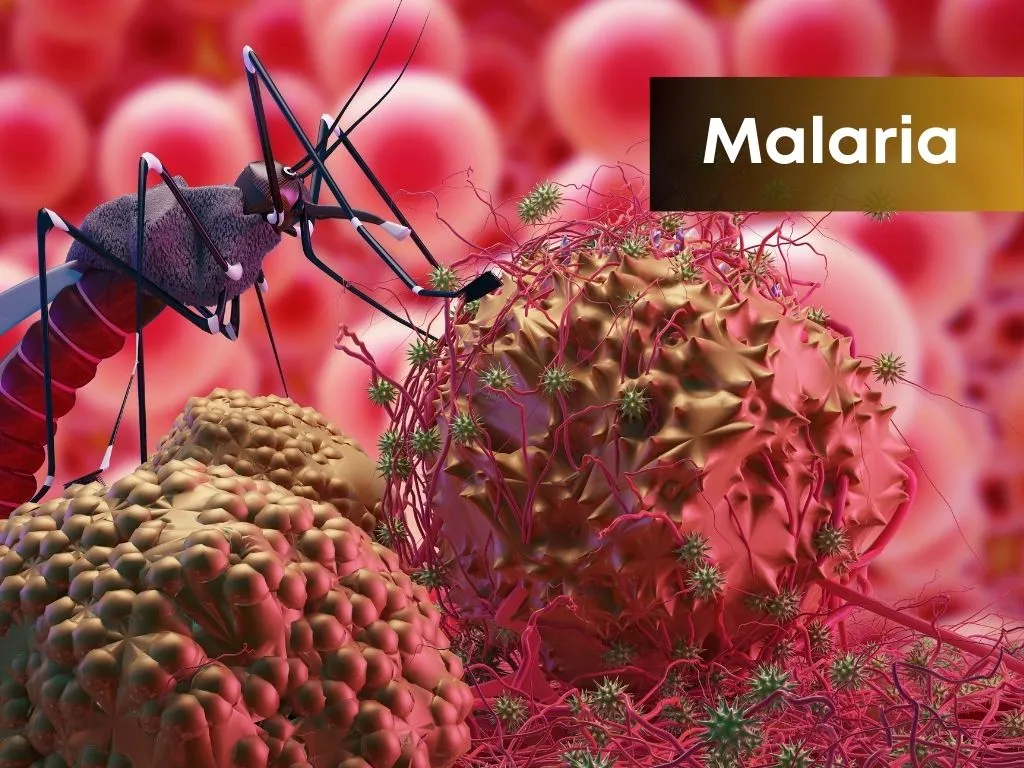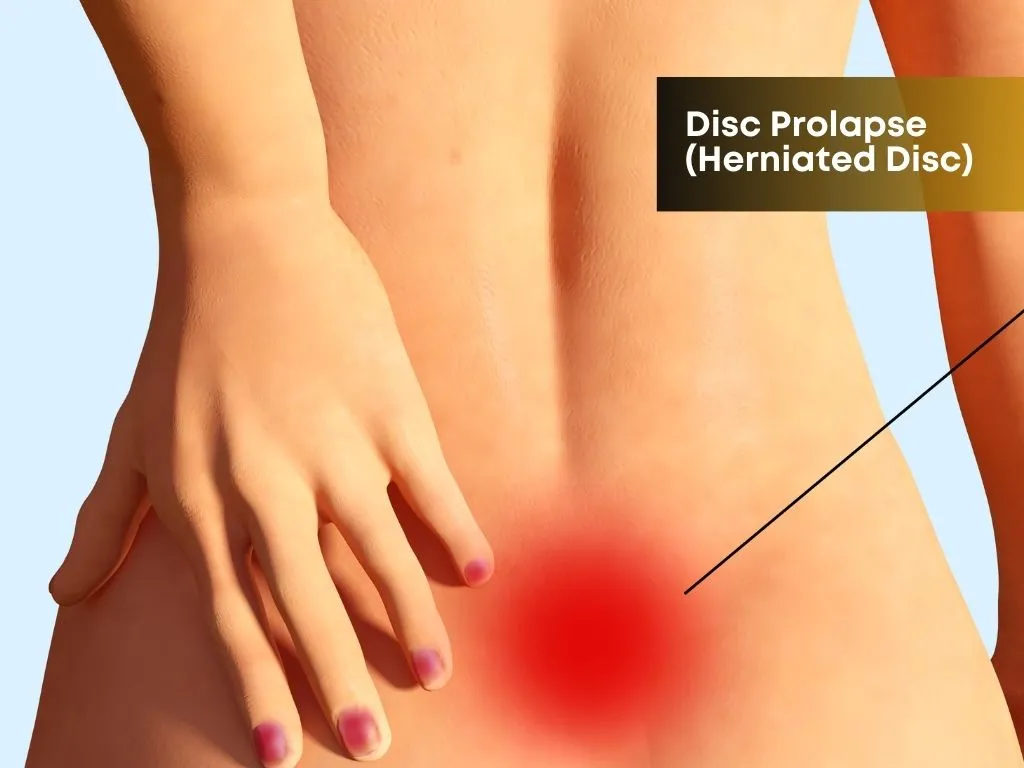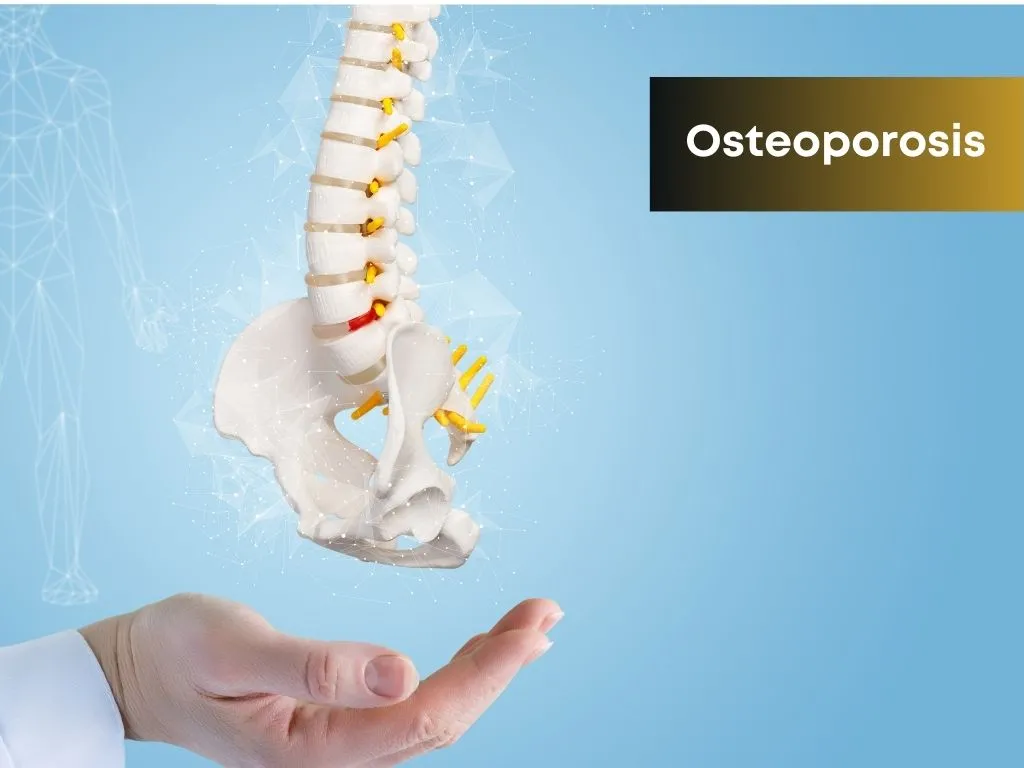Overview
Parkinson's disease is a progressive neurodegenerative disorder that primarily affects movement. It occurs when nerve cells (neurons) in the brain that produce dopamine, a chemical messenger responsible for coordinating smooth and controlled muscle movements, become impaired or die.
Causes
Degeneration of Dopamine-producing Neurons: In Parkinson's disease, there is a progressive loss of dopamine-producing neurons in a region of the brain called the substantia Nigra. Dopamine is a neurotransmitter that plays a crucial role in controlling movement and coordination. As these neurons degenerate and die, the brain's ability to produce dopamine decreases, leading to the motor symptoms associated with Parkinson's disease.Formation of Lewy Bodies: Another characteristic feature of Parkinson's disease is the presence of abnormal protein aggregates called Lewy bodies. These aggregates are primarily composed of alpha-synuclein protein and are found within neurons in various regions of the brain, including the substantia Nigra. The accumulation of Lewy bodies is thought to contribute to neuronal dysfunction and cell death, although the exact mechanisms are still being investigated.Genetic Factors: While most cases of Parkinson's disease are sporadic (meaning they occur without a known family history), a small percentage of cases are believed to be influenced by genetic factors. Several gene mutations have been identified that can increase the risk of developing Parkinson's disease or cause familial forms of the condition. These genetic variations can affect various cellular processes, including protein folding and degradation, mitochondrial function, and immune responses.Environmental and Lifestyle Factors: Exposure to certain environmental toxins or chemicals may also play a role in the development of Parkinson's disease, although the specific agents involved are not yet fully understood. Some studies suggest that pesticides, herbicides, heavy metals, and other environmental pollutants may contribute to the risk of developing the disease. Additionally, factors such as head injuries, viral infections, and chronic inflammation may also influence the onset or progression of Parkinson's disease.
Symptoms
Tremors: Involuntary shaking, usually starting in one hand or finger and often occurring while at rest.Bradykinesia: Slowed movement and difficulty initiating voluntary movements, leading to stiffness and reduced range of motion.Muscle rigidity: Stiffness or resistance to movement in the limbs, neck, or trunk.Postural instability: Impaired balance and coordination, increasing the risk of falls.Changes in gait and posture: Walking may become slower, with shuffling steps, and posture may become stooped.Reduced facial expressions: A lack of facial expressions, often referred to as a "masked face."Soft or slurred speech: Changes in speech patterns, including decreased volume, monotone, or slurred speech.Freezing: Temporary episodes where a person feels unable to move, especially when starting to walk or turning.Micrographia: Handwriting may become smaller and more cramped.Non-motor symptoms: These can include depression, anxiety, sleep disturbances, constipation, loss of sense of smell, cognitive changes, and problems with speech and swallowing.
Treatment: Modern Medicine
Medications: Several types of medications can help manage Parkinson's symptoms by either increasing dopamine levels or mimicking its effects. These medications include levodopa (often combined with carbidopa), dopamine agonists, MAO-B inhibitors, and COMT inhibitors. The choice of medication and dosage depends on the individual's symptoms and needs.Deep Brain Stimulation (DBS): DBS is a surgical procedure that involves implanting electrodes into specific areas of the brain, usually the subthalamic nucleus or Globus pallidus. These electrodes are connected to a device similar to a pacemaker, which delivers electrical impulses to modulate abnormal brain activity and alleviate symptoms such as tremors, rigidity, and Dyskinesias.Speech Therapy: Speech therapy can be beneficial for individuals with Parkinson's disease who experience speech and swallowing difficulties. Speech therapists can provide exercises to improve articulation, voice projection, and swallowing function.Occupational Therapy: Occupational therapy aims to help individuals with Parkinson's disease maintain independence in daily activities by teaching adaptive techniques and strategies to overcome motor and cognitive challenges.
Treatment: Traditional Medicine
Dietary Changes: A balanced diet rich in fruits, vegetables, whole grains, lean proteins, and healthy fats may help support overall health and well-being. Some research suggests that certain foods, such as those high in antioxidants and omega-3 fatty acids, may have neuroprotective effects and help reduce inflammation in the brain. Additionally, maintaining adequate hydration is important, as dehydration can exacerbate symptoms such as constipation and urinary issues.Herbal Supplements: Certain herbal supplements and botanical extracts have been studied for their potential benefits in Parkinson's disease. Examples include coenzyme Q10, green tea extract, ginkgo biloba, and Mucuna pruriens (a natural source of levodopa). However, it's essential to consult with a healthcare provider before using herbal remedies, as they may interact with medications or have adverse effects.
Caution
Consult with Healthcare Provider: Always consult with a healthcare provider before trying any new remedy, especially if you have Parkinson's disease or any other medical condition. Some remedies may interact with medications or worsen existing symptoms.Monitor Symptoms: Pay attention to how your body responds to the remedy. If you notice any adverse effects or worsening of symptoms, stop using it immediately and consult with your healthcare provider.Quality and Safety: Be cautious of the quality and safety of herbal supplements and other natural remedies. Ensure they are obtained from reputable sources and that they have been tested for purity and potency.Potential Interactions: Some herbal supplements and remedies may interact with medications commonly used to treat Parkinson's disease, such as levodopa and dopamine agonists. These interactions can affect the effectiveness of medications or lead to adverse effects.
Prevention
Regular Exercise: Engaging in regular physical activity, such as aerobic exercise, strength training, and balance exercises, may help reduce the risk of Parkinson's disease. Exercise has been associated with improved motor function, better mobility, and a reduced risk of cognitive decline.Healthy Diet: Eating a balanced diet rich in fruits, vegetables, whole grains, lean proteins, and healthy fats may help support overall brain health and reduce the risk of neurodegenerative diseases, including Parkinson's disease. Some research suggests that a Mediterranean diet, which emphasizes plant-based foods, fish, olive oil, and moderate wine consumption, may be particularly beneficial.Avoiding Toxins: Minimizing exposure to environmental toxins and pollutants, such as pesticides, herbicides, heavy metals, and industrial chemicals, may help reduce the risk of Parkinson's disease. Taking precautions in the workplace and at home to limit exposure to potentially harmful substances can be important.Protecting the Head: Head injuries and trauma have been linked to an increased risk of Parkinson's disease. Taking steps to prevent head injuries, such as wearing helmets during sports activities and practicing safe driving habits, may help reduce the risk.Avoiding Smoking: Smoking has been associated with an increased risk of Parkinson's disease. Quitting smoking may help lower the risk and improve overall health.Moderate Alcohol Consumption: Some studies suggest that moderate alcohol consumption may be associated with a lower risk of Parkinson's disease. However, excessive alcohol intake can have detrimental effects on health and should be avoided.
 Nalamaree Team
Nalamaree Team





















.jpg.webp)
